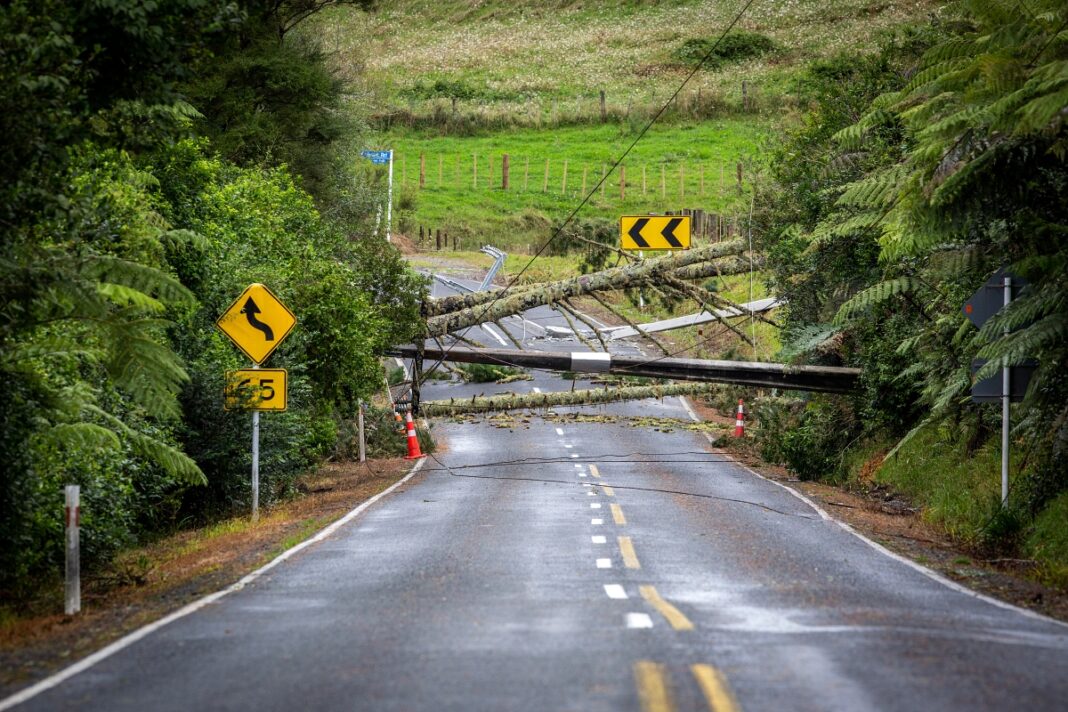Just when business was thinking the worst of the economic impacts of Covid were behind us, we are reminded by flooding in Auckland and the significant impact of Cyclone Gabrielle that there are always risks involved in business, and unfortunately these are sometimes unforeseen and completely unrelated to the trials of business-as-usual.
It re-enforces how essential it is for businesses to have asset and business interruption insurance, and business continuity plans covering every aspect of the business from supply chain, human resources and, depending on the business, even stretching to utilities provision.
For businesses operating within a franchise structure, there are some additional considerations for when the proverbial hits the fan.
It is critical to understand the obligations in your franchise agreement, starting with fee structures; some systems generate fees or royalties based on turnover, whilst some have a flat or minimum base fee. Whilst the former is tied directly to revenue, the latter is independent, so what happens if you are not generating any revenue?
The flat fee issue raised its head during Covid and lockdowns, and responses from franchisors varied considerably.
I would suggest it’s now taken into consideration by many franchisors, franchisees and their professional advisors, and is certainly something that should be discussed and covered before entering into a franchise agreement.
Some franchise agreements also have what are called minimum performance standards. These are designed to ensure franchisees grow and focus on their business.
In effect this means if a business is underperforming the franchisee risks being in breach of their franchise agreement. But what happens if external factors hamper business performance? Will these clauses be evoked and how will they be managed?
You should understand any restraints from the franchise agreement on supply chain and approved suppliers and the impact of interruptions on your franchised business.
Finally, should the worst occur, and you need to exit the franchise, you should understand the termination provisions of the franchise agreement.
Luckily, the above considerations will usually be addressed and understood through due diligence before entering a franchise agreement, and furthermore there are a number of advantages of being part of a franchise when the proverbial hits the fan.
First and foremost, as a franchisee, you are not alone. You have the support of the franchisor and in many cases, the support of other franchisees. They may have experience in the situation you find yourself, and have pre-prepared contingency plans ready to go.
Whilst it’s good to know that you’re not alone, access to additional external resources can be huge.
After the Christchurch earthquake we witnessed incredible support within franchise systems ranging from franchisees and franchisors physically getting stuck in and assisting with cleaning, clearing and getting back to business, loaning stock, assets and even staff, through to franchisors providing additional financial support in the form of fee holidays and re-directing marketing spend to rebuild sales.
Most franchise systems are likely to have intrinsic supply chain and cost advantages including insurance, supply chain robustness, and the marketing power and reach to assist with rebuilding business levels.
Related: Franchising unites to support Pork Pie Run for charity




